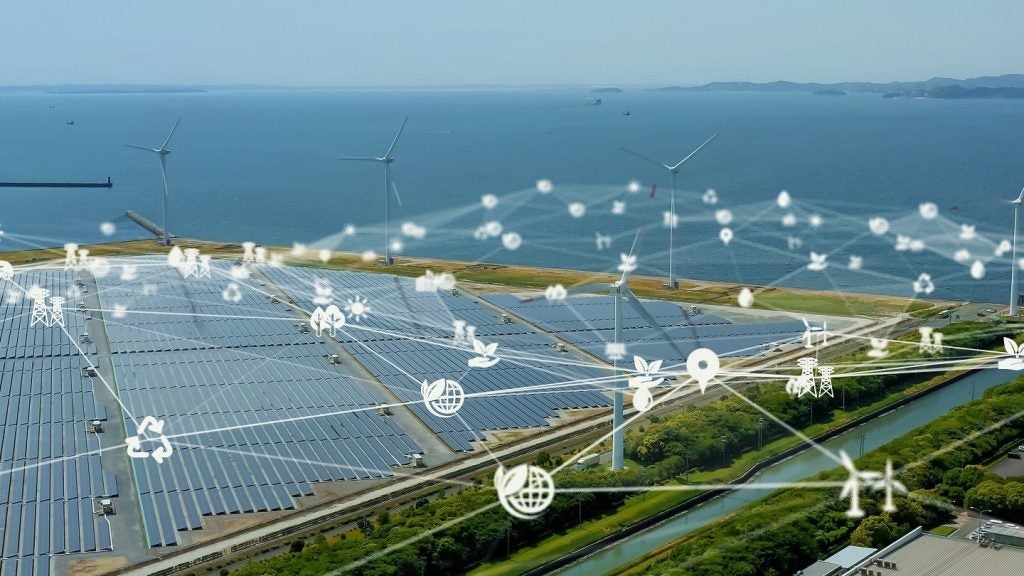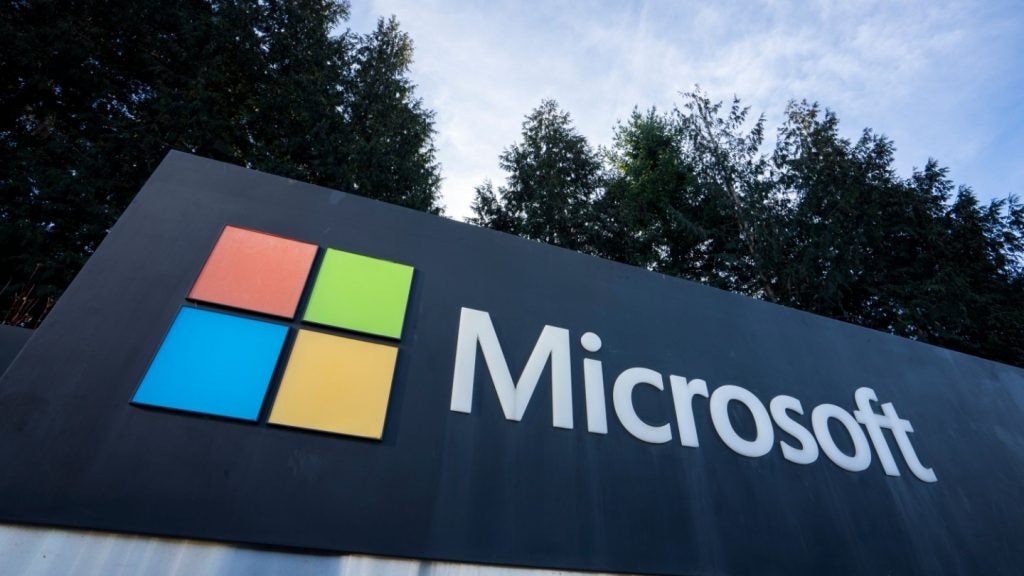
The largest Hollywood actors’ union has authorised a strike to demand job security amid concern that artificial intelligence (AI) will replace real-world acting jobs.
On June 5, Hollywood union SAG-AFTRA voted to authorise striking if an agreement with major studios, streamers and production companies is not reached by June 30.
Almost 98% of the 65,000 members who cast votes voted for strike action.
Fears around the use of generative AI to replace Hollywood’s actors and writers has been steadily escalating. Last month, 11,500 members of the Writers Guild of America went on strike to demand new rules over how studios use AI in film and television writing as they negotiate new a new contract with major studios.
At last month’s Cannes Festival, Hollywood actor, Sean Penn, spoke of the tension between producers with writers and actors, saying the entertainment industry will need to “soul search itself and see which side toughs it out”.
The Hollywood actors union’s actions have been criticised as a ‘virtue signalling exercise’ because the most affected by generative AI technology are the writers.
How well do you really know your competitors?
Access the most comprehensive Company Profiles on the market, powered by GlobalData. Save hours of research. Gain competitive edge.

Thank you!
Your download email will arrive shortly
Not ready to buy yet? Download a free sample
We are confident about the unique quality of our Company Profiles. However, we want you to make the most beneficial decision for your business, so we offer a free sample that you can download by submitting the below form
By GlobalDataJosep Bori, GlobalData thematic research director, told Verdict that he strongly disagrees with this criticism.
“The media industry, from newspapers and magazines, to music, TV and cinema is going to be significantly impacted by generative AI, albeit this is likely to be in stages as the technology capabilities evolve. As such, it is understandable that trade unions are getting restive.”
Bori added: “As I said, it is a matter of timing, but the actors, no pun intended, can see the writing on the wall.”
While the use of AI chatbots, such as OpenAI’s ChatGPT, to write scripts for movies or episodes of TV shows is a “very near term” issue, Bori stated, “anyone who has… watched deepfake videos on social media, is well aware that in the long run many movies could be created with AI generated actors.”
“the large population of supporting and background actors as well as extras could be entirely replaced by software. Further, in the long run, it is not unthinkable that movie studies would cultivate the image of fully AI generated actors, doing away with the need to pay image rights to those famous human actors,” Bori argued.
In fact, Hollywood has already begun using AI to replace actors. Once upon a time, a producer would need to hire an actor to play the younger version of the lead character. The latest India Jones film, set to be released in June 2023, ‘Indiana Jones and the Dial of Destiny’, used AI to generate a younger Harrison Ford.
Some of the biggest blockbusters, such as Avatar, are made up of CGI with actors donning suits to generate body doubles: the actors’ movements are then matched up to a computer-generated image (CGI). The actor Tom Hanks welcomed the innovation, starring in the film The Polar Express, released in 2004, where Hanks plays various AI generated characters.
Speaking on the Adam Buxton Podcast, Hanks expressed his belief that AI will revolutionise the industry. He went as far to say that it could immortalise his image claiming that he could pitch a series of movies starring himself at “32 years old…from now until kingdom come”.
This positive stance on the role of AI in Hollywood may be more appealing to those actors with a strong brand and fan following, Bori said, “they would still be paid to lend their personal image for artificially generated movie scenes.”
Even then, the need for the use of AI would be paramount to actors getting paid. Burce Willis was the first to experience his image being used for commercial purposes without profiting from it: a Russian advertisement in which Willis appeared tied to a bomb, used deepfake technology to feature the actor. According to Wired, Deepcake, the company who created the advert, used a digital version of Willi’s appearance superimposed onto another actor.
While generative AI is still in its early stages and must overcome certain issues such as hallucinations, which make it still unreliable for sensitive industries, such as healthcare or finance, Bori explained that creative industries are more prepared for these teething problems.
“in creative industries …media hallucinations may not be such an issue, so movie studios and productions companies are very likely to embrace the current technolog,” stated Bori.
On the other hand, looking back at how new technologies have been incorporated into the jobs market it is rare that they obliterate positions. Instead, AI could simply change the way work is done by improving productivity and even creating new roles. Bori explained that “rather than fighting generative AI, which is here to stay and feels like a lost battle, writers and actors should probably find ways to leverage it and ensure the industry learns to pay for the unique contributions of humans to the artistic creation process.”







